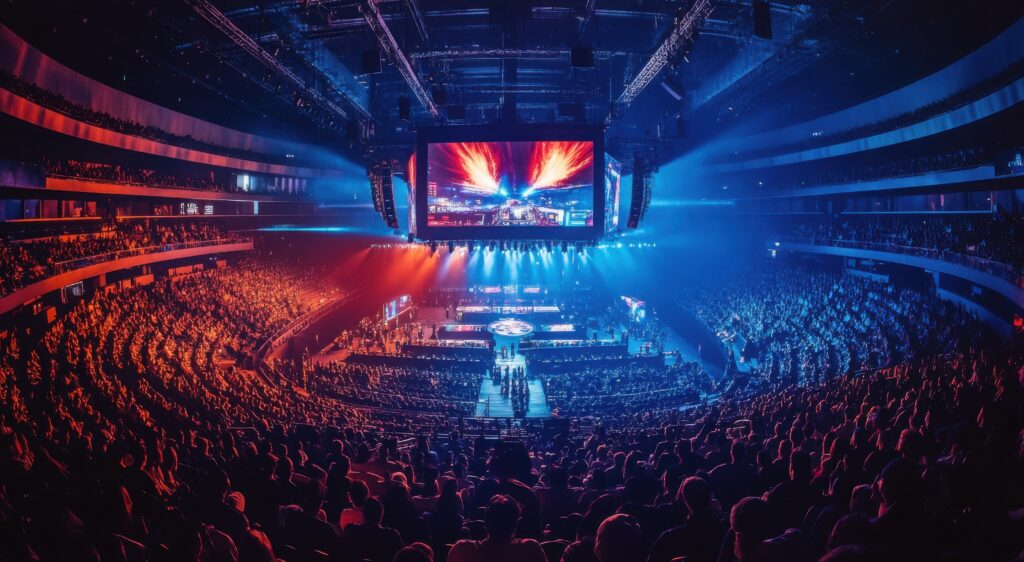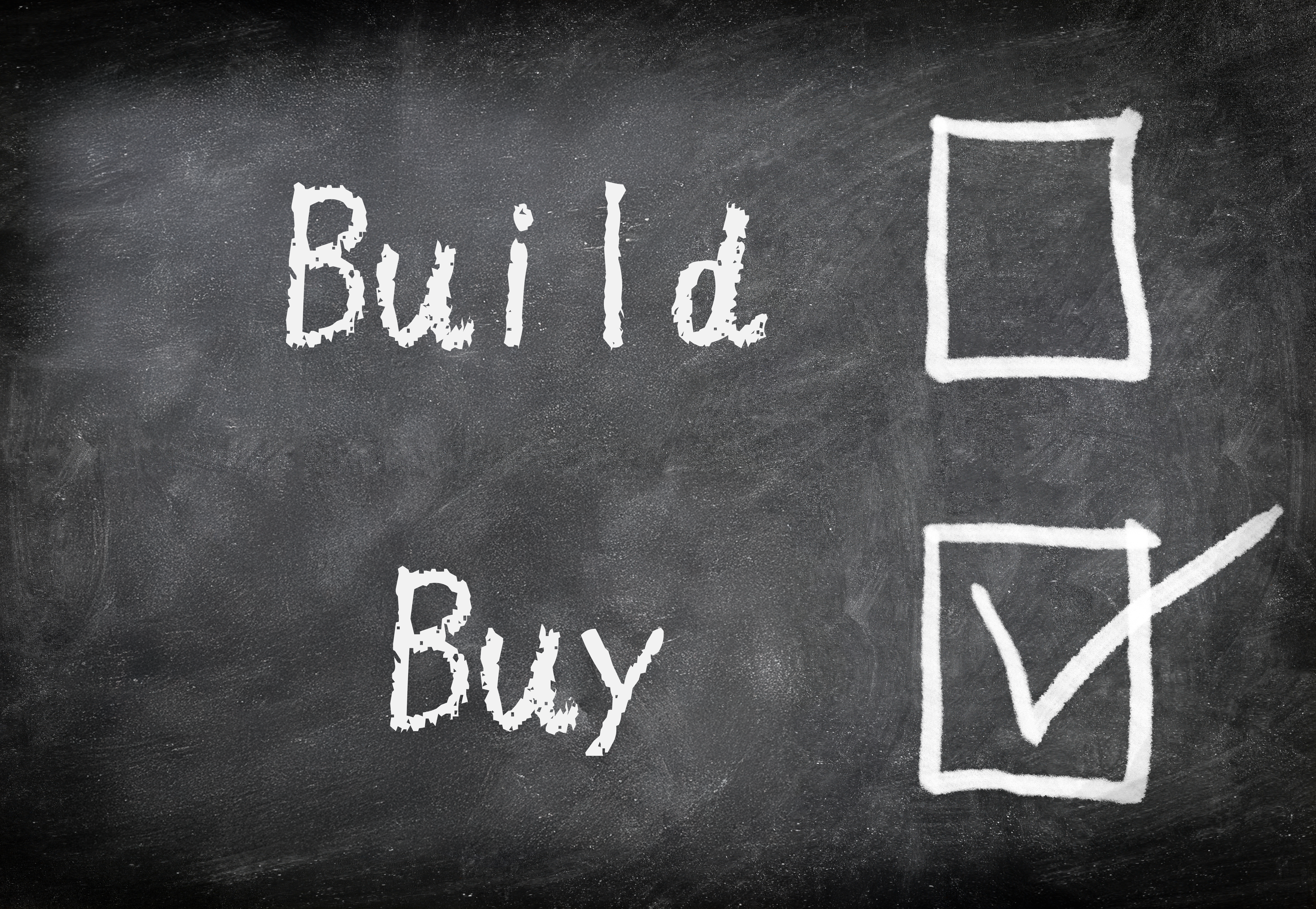How Broadcast Beat Navigated the Pandemic and Delivered NAB Show Coverage
In mid-March, media and entertainment companies across the globe and throughout the industry began to face what China had experienced since January — the realities of the Coronavirus Pandemic social distancing and isolation. Amidst this public health crisis, companies abruptly confronted extreme technical and workflow challenges while continuing to create and distribute content.
During this historic outbreak, Signiant launched “The Pandemic Series,” a collection of articles, interviews, and other content from the industry, for the industry.
As part of the series, Signiant interviewed industry professionals on how they transitioned and maintained remote work, what their challenges and successes were, and what lessons they’ve learned from it. Each one is a snapshot in time from their particular company, industry, geography, and personal perspective.
Fort Lauderdale, Florida | June 5, 2020
SIGNIANT: For those not familiar, tell us about Broadcast Beat and its role in the industry.
RYAN SALAZAR: Broadcast Beat is a digital media property, and we cover broadcast, motion picture, animation, and post-production technology but touch upon many other industries. I have a radio background, so we cover the radio industry quite extensively, as well. Post production, I would say, is probably one of our bigger demographics that follow us.
We are known for covering a lot of the industry via video. That’s what we have been doing since day one and I would like to think that we were probably the starters of that trend in our industry. I am the editor-in-chief — I oversee writers all over the world with different backgrounds in various segments of the industry. Then, of course, I’m running production teams and doing a lot of on-camera with NAB, for example, or just Broadcast Beat content in general.
SIGNIANT: A lot of people know you from industry articles, the NAB conference, and NAB Live. What other kinds of productions do you create?
RYAN SALAZAR: I produce content for industries that have absolutely nothing to do with ours. We create all sorts of content for the medical industry as well as the auto industry. I come with a production background and didn’t want to stop doing that; my thoughts are that it keeps me relevant for the magazine — the digital media property. I love producing and creating content.
SIGNIANT: Take us back to January/February. Because you’re so involved with the NAB Show conference, was the pandemic on your radar earlier than most people?
RYAN SALAZAR: In January, nobody was really truly thinking about it. I was probably more in denial than anything as February approached. I’ll be honest — I didn’t take it seriously in the beginning. I then started to see how quickly it was affecting things around the world and eventually our country.
We, of course, wondered what was going to happen with the show and other industry events as well as business, in general. I just held on tight to see what was happening.
SIGNIANT: What kind of conversations did you have to have with your team and with your partners while planning for something the world has not really experienced before?
RYAN SALAZAR: The interesting thing is that we have always worked remotely. Even though we have a facility, people all over the world are working from home. I had to come up with a plan for us to continue creating content, but, for the most part, we didn’t really miss a beat or have to change anything we were doing other than things related to NAB, for example. Our online coverage stayed exactly the same. We did have some conversations about what would happen if the show got canceled but, other than that, we didn’t have to change our business model.
SIGNIANT: How are you set up to be ready for a moment like this?
RYAN SALAZAR: We’ve got a master control room [with] all sorts of capabilities for bringing people in remotely, whether it’s Skype or utilizing Google Chrome, the browser itself, which is not Google Hangouts. We can bring in 8 to 12 guests at a time and bring them in very high-quality and then stream them back out live from the facility.
When I created Broadcast Beat, the idea was to create online coverage that would focus on technologies or trending topics in our industry. The idea was to produce it from the studio from the start. Our facilities are very purpose-built, if you will. All of the lighting equipment, all the sets — it’s walk in and go live in five minutes. That’s my saying: “Go live in five!” So, with one or two people, this is basically a television station, except the transmitter. We just go in and start creating content.
SIGNIANT: When things were starting to shut down in March and people had to distance, what did you have to do in your studio to make things safe for your employees and guests?
RYAN SALAZAR: Usually with the NAB Show coverage, we don’t really have anyone in the studio unless they’re local to the Florida area. It’s happened before, but we’re always interviewing people remotely. I think we did about 50 or 60 interviews by the time the word got out that NAB had been canceled. Once that happened, we actually kept recording some content and ultimately ended up producing all the content or most of the content for NAB Show Express.
SIGNIANT: How many people did you have on-site to produce all that?
RYAN SALAZAR: The staff inside the facility was me and one other staffer, for the whole time, and we created 50 hours of content.
SIGNIANT: How did that come together?
RYAN SALAZAR: I immediately got with all my hosts that create content with me in Vegas, all experts in their own right in their own segments of each industry, and I said, “Hey, look, we’re going to create content for NAB show, the Tech Talks Channel, and some content for NAB Show Express itself. Could you host?” We brought all of our hosts in remotely, whether it was from LA or it was from London, and all their guests in remotely, as well. We live-switched everything from the facility, and nobody was in the studio other than myself and Deanna [Jones] who works with me directly.
SIGNIANT: Walk me through that moment — you’re going to Las Vegas; you have your crews lined up. The pandemic disrupts all that and now it’s an entirely new plan to produce for the NAB Show. What were those days like for you?
RYAN SALAZAR: It was pretty wild. I hate to say it’s comparable because Vegas is really crazy, but I love it. I thrive on that whole thing, on that situation where we have 60 people on the show floor covering with 35 people with remote crews and 25 in the studio and post-production. It’s a huge production, but what we did here was literally two of us working about 100 hours a week for about four weeks. [We] literally lived and breathed at the studio day and night.
We’re recording guests at all hours of the day and night, even on Sundays. We pre-recorded all the content, but we switched it live and sent it off to one of our editors who did some of the post production. Then, we basically created bins of folders where we were managing all the content for everything. And, before you knew it, we lost count of how many clips and cuts we were doing. NAB Show Express was about 16 hours total and I think we probably contributed 80-90% of that.
SIGNIANT: Did anything not go well because it was a new kind of workflow? What were the challenges in that?
RYAN SALAZAR: Not to sound cavalier, but it went really smoothly. This is something that we do almost every day, literally. This is our thing. But there were people who would have a technical issue on their side. We also had a lot of funny instances, dogs running around the house, kids walking into a room while dad, the head of a big major motion picture company, is on camera with us — that kind of stuff. But that kind of came with the territory of creating this content, and it made it more fun. It was quite exciting. We all know what situation we’re in right now and it worked out really well. Other than creating all the content, I would say we really didn’t have that many technical faux pas, believe it or not.
SIGNIANT: Do you think the pandemic has revealed the industry doesn’t need in-person conferences like the NAB Show and IBC anymore?
RYAN SALAZAR: Maybe I sound weird saying this, but there’s nothing like creating this content with people in-person. You can never compete with online content when it’s just strictly online. There is something so amazing about seeing all your industry peers and meeting people you’ve never met before. I remember my first year [at NAB], I got on the elevator and looked next to me and there’s a guy with a tag and it says, “Chief Scientist at Technicolor.” I thought, “Oh my God, that’s amazing!” I’ll never forget; it was so special.
I don’t think that’s the end of industry shows. I’m an optimistic person. I think eventually we’ll get through this. I don’t know how long that is, and I’m not going to pretend that it’s going to be over soon because none of us know.
SIGNIANT: Do you have to put anything in place for the future as this continues?
RYAN SALAZAR: We haven’t had to do it because of the situation; however, we have added a second master control room to the studio because we’re creating so much more online. But yes, we are bolstering things up.
SIGNIANT: Production is a physical industry. What do you have to do as a leader, as an owner, to prepare for people to be in your facility or on your crew?
RYAN SALAZAR: I’m in the process. For me, operating like a mom-and-pop shop for all the years, I haven’t really thought about those sorts of things because a lot of people don’t really come in here. But it is really a serious issue. Interestingly enough, two different networks who want to come to our facility and shoot over the next two to six weeks, one of the first questions they asked was, “What is your COVID-19 policy?”
I never really thought about that, but we have to come up with one. You have to make it safe for people to work in your facility and be able to create content because you can’t survive if you can’t have a client in the facility. And not even that — it’s just the right thing to do.
SIGNIANT: You talk to a lot of people in the industry. What is your impression of the mood, the morale, the health of the industry right now?
RYAN SALAZAR: I’ve seen some people who were very positive become very negative. There’s a lot of people who are scared.
At the same time, most people I know who are doing what we do or working with us have remained very positive and they’re starting to get back to work, actually. I’m seeing a lot of mentions of industry segments starting to open back up. And our phones are ringing too, so it’s obvious. We’re noticing it physically.
I’m excited to be working again. I’m looking forward to seeing people working together. In the meantime, everybody’s got to social distance and do what we’re doing.
SIGNIANT: What is important for other people to know from your experiences during the pandemic?
RYAN SALAZAR: [It’s] not really advice for the business in terms of what the situation is, but I think creating great thought-leader content is going to be much better indirect marketing than something that’s a sales pitch. There are so many webinars and so many videos available right now, you kind of have to separate yourself from the rest.
I’m seeing a lot of folks create online content to drum-up business. A lot of them are coming across like sales pitches. It’s almost as if people are spinning their wheels a bit, and you don’t see a lot of views on these videos or people watching them or whatever. When they create content in the future, I think they should try to make it more thought-leader-like than sales pitches.
SIGNIANT: Years from now, if and when this is over and you look back, what do you think you’re going to be most proud of?
RYAN SALAZAR: I’ll be most proud of being strong and being able to survive through all of this — the business as well as mentally. People are having a lot of issues right now, and I really feel for them. I’ll look back and be really proud we continued to build what we started.
SIGNIANT: Have you learned anything as a leader, as a business owner, over the last three months?
RYAN SALAZAR: Be prepared. You must have a plan. Nobody thought we were going to have a pandemic, but we all have to survive and keep the world moving at the same time.
Signiant has been a sponsor or advertiser of Broadcast Beat several times in the past.
This interview was edited and condensed for clarity.


